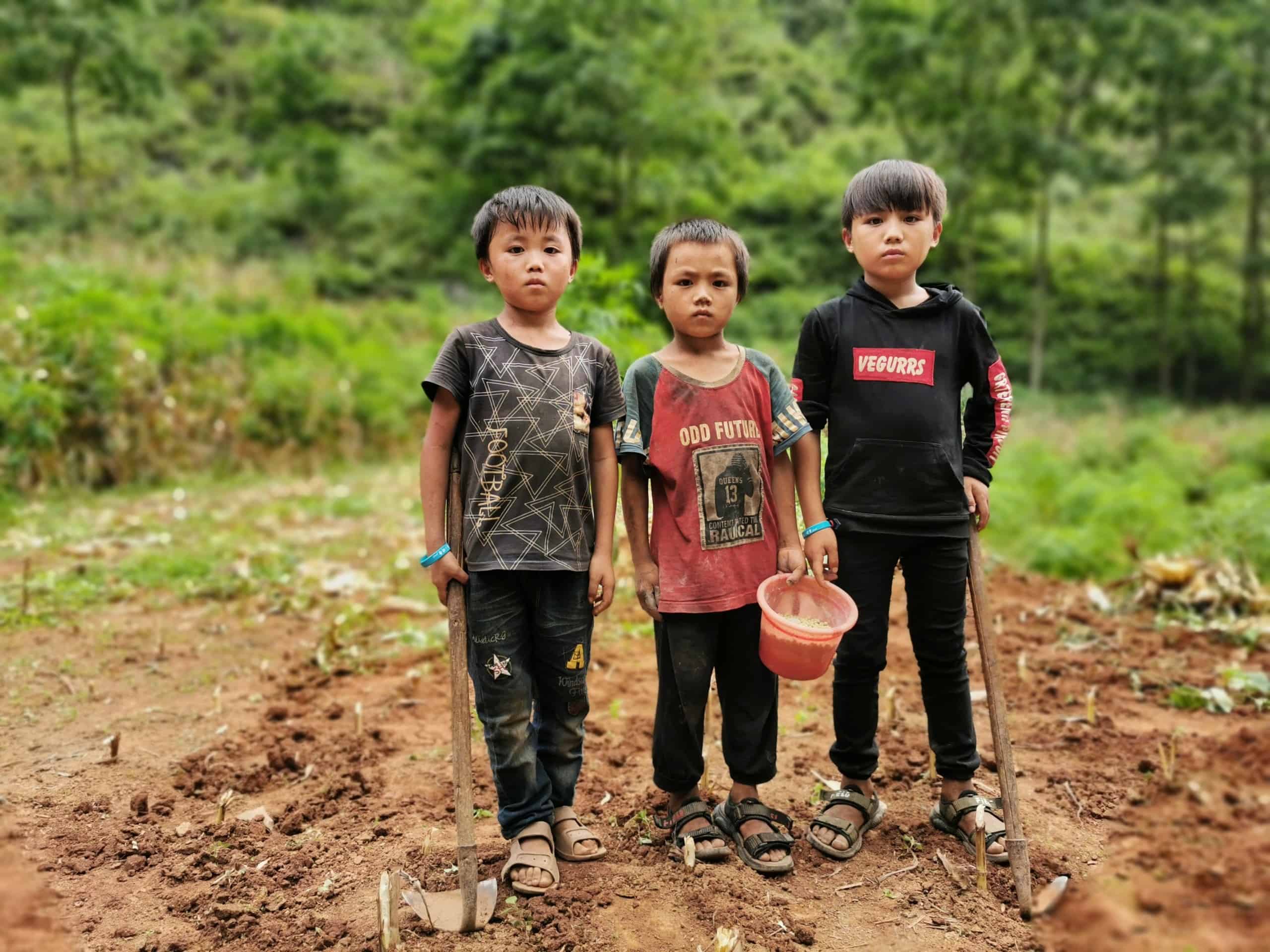The swift and unexpected regulatory crackdowns taking place in China, on everything from private tutoring to online gaming, have roiled global equity markets and led some to question whether President Xi Jinping is stoking a second Cultural Revolution. Rather than a return to Maoist economics, however, the recent regulatory storm is better understood as an effort to consolidate popular support through a largely superficial campaign to reduce inequality. The Chinese leadership will need to be far
Subscribe or login to read the rest.
Subscribers get full access to:
- Exclusive longform investigative journalism, Q&As, news and analysis, and data on Chinese business elites and corporations. We publish China scoops you won't find anywhere else.
- A weekly curated reading list on China from Andrew Peaple.
- A daily roundup of China finance, business and economics headlines.
We offer discounts for groups, institutions and students. Go to our
Subscriptions page for details.
Includes images from Depositphotos.com


